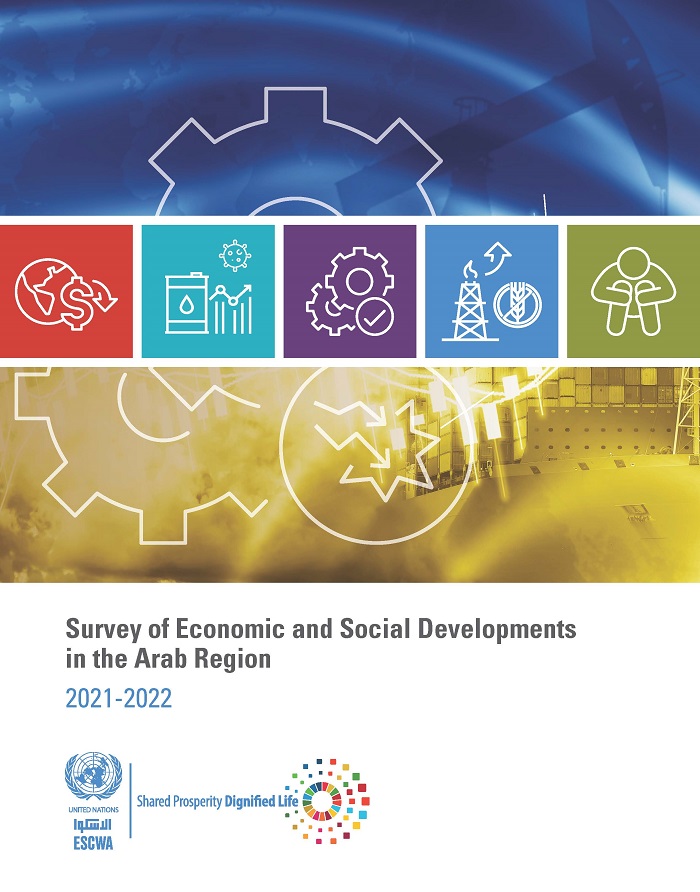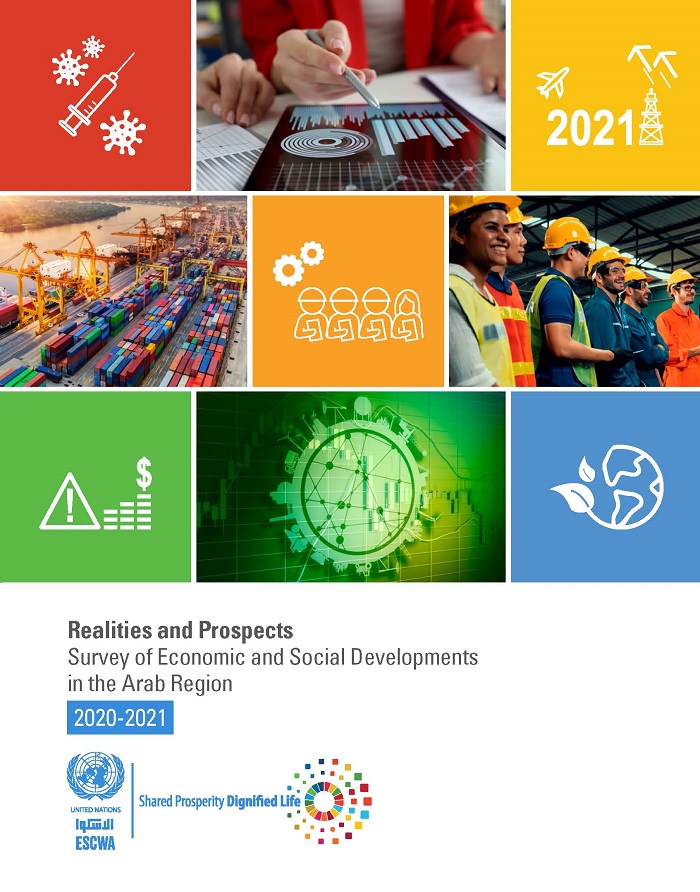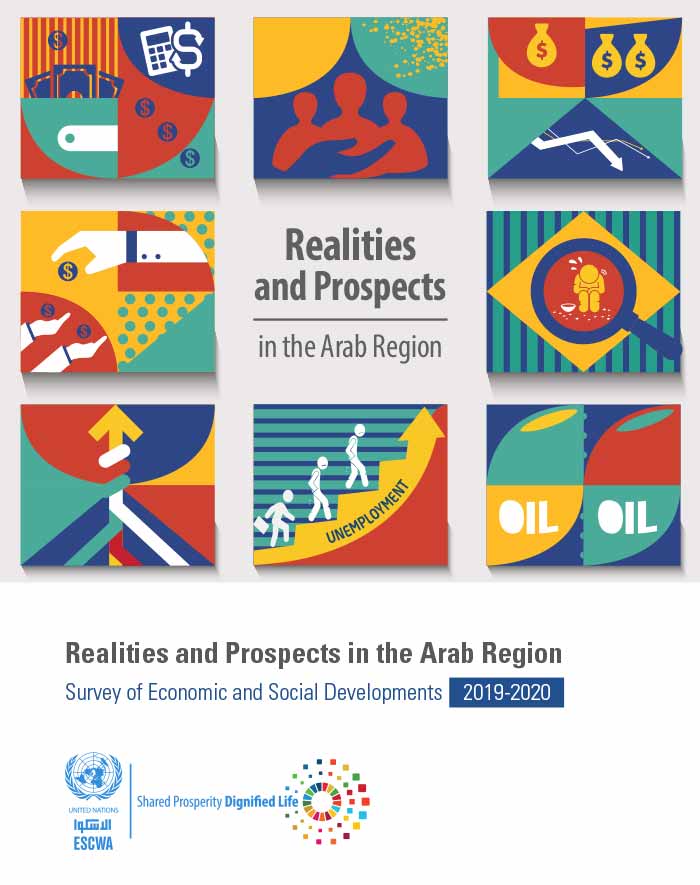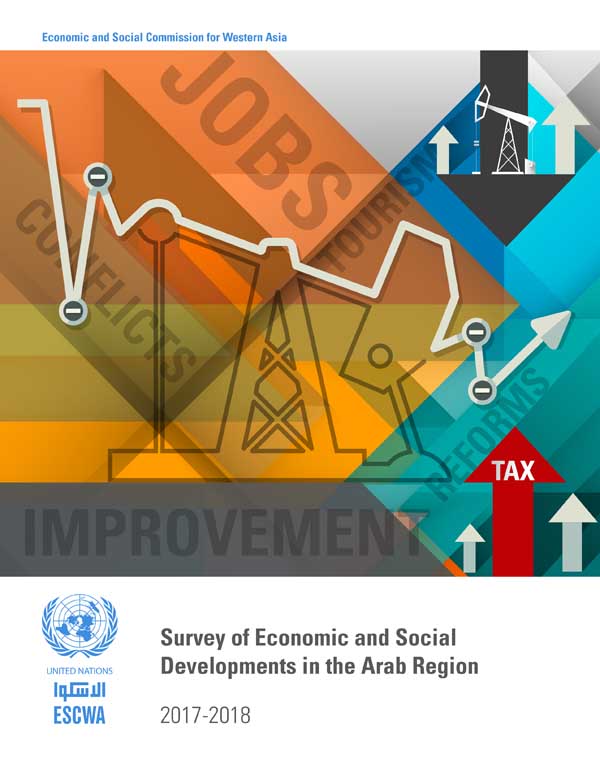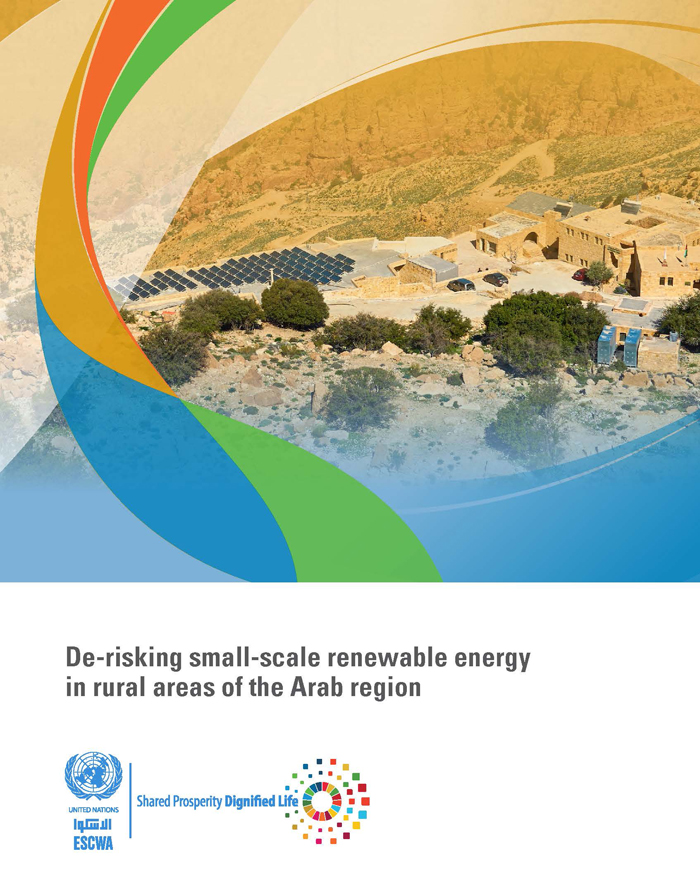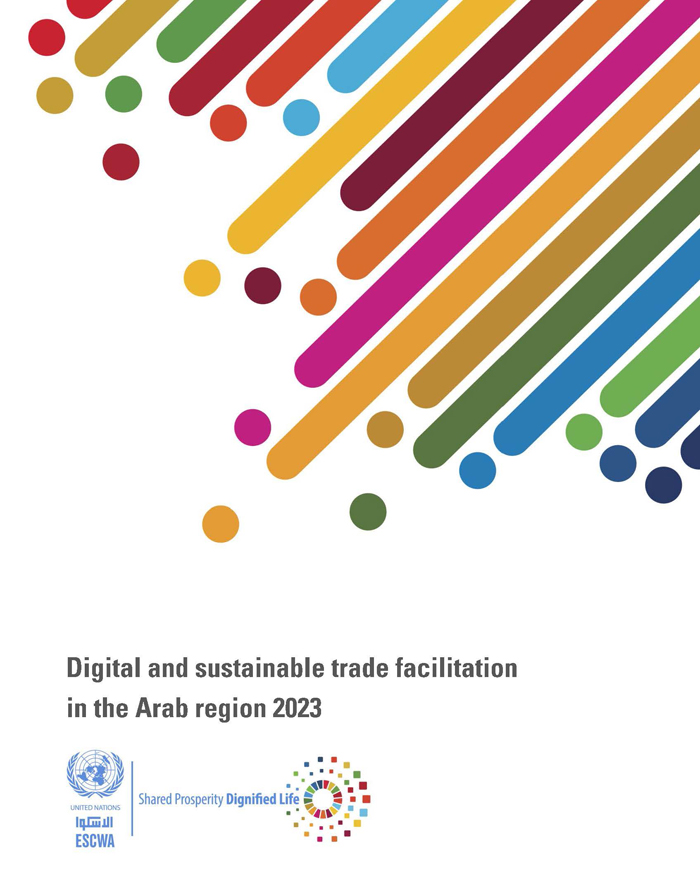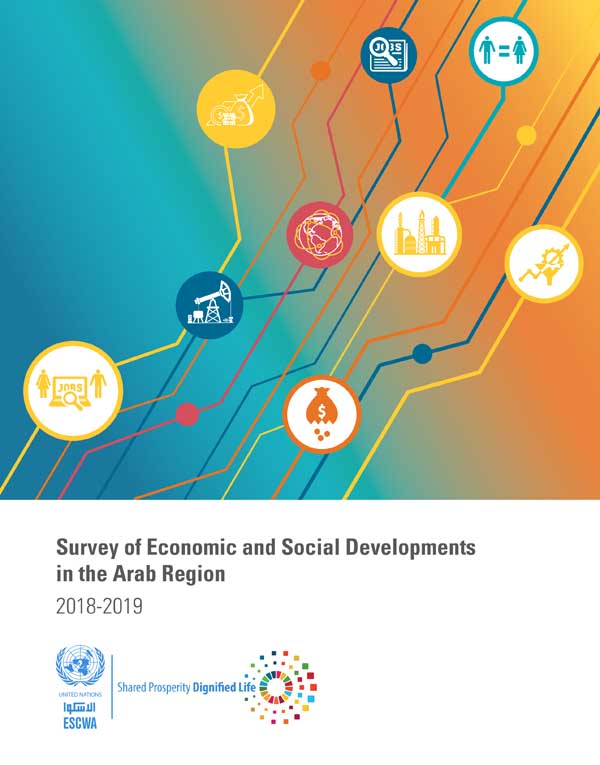
ESCWA Publication: E/ESCWA/EDID/2019/1
Country: Arab region
Publication Type: Flagship publications
Publication Subject: Survey of Economic and Social Developments in the Arab Region
Cluster: Shared Economic Prosperity
Focus Area: Financing for development, Macroeconomics
Initiatives: Sustainable urban development
SDGs: Agenda 2030
Keywords: Arab countries, Economic development, International monetary situation, Macroeconomics, Petroleum prices, Social conditions, Social development, Statistical data, Energy resources, Economic conditions
Survey of Economic and Social Developments in the Arab Region 2018-2019
January 2019
The Survey 2018-2019 observes that the Arab region experienced an economic recovery with a growth rate of 2.3% in 2018, up from 1.7% the year before. This recovery was largely attributed to hydrocarbon sector-led growth in the region’s oil-exporting countries, particularly GCC countries. This growth momentum will continue at a modest pace of 2.6% in 2019 and further increase to 3.4% for 2020. Notwithstanding such positive prospect, the region remains linked to geopolitical uncertainties, which are further exacerbated by a number of ongoing intraregional diplomatic rifts and armed conflict.
Meanwhile, the Survey 2018-2019 claims that the main challenge facing nowadays the region is its delicate fiscal situation as several Arab countries have already established new energy subsidy systems, aimed at maintaining affordable energy prices against oil price fluctuation. Employing CGE models, the Survey 2018-2019 demonstrates that reducing energy subsidy generates a fiscal space for governments. If the ‘saved’ amounts are totally directed to the reduction of fiscal deficit, fiscal sustainability could be enhanced but economic growth and job creation will be negatively affected. Such simulation result allows policymakers to assess the reform options that promote an inclusive and sustainable development.
Related content
Financing for development
, Macroeconomics
,
The Survey 2018-2019 observes that the Arab region experienced an economic recovery with a growth rate of 2.3% in 2018, up from 1.7% the year before. This recovery was largely attributed to hydrocarbon sector-led growth in the region’s oil-exporting countries, particularly GCC countries. This growth momentum will continue at a modest pace of 2.6% in 2019 and further increase to 3.4% for 2020. Notwithstanding such positive prospect, the region remains linked to geopolitical uncertainties, which are further exacerbated by a number of ongoing intraregional diplomatic rifts and armed conflict.
Meanwhile, the Survey 2018-2019 claims that the main challenge facing nowadays the region is its delicate fiscal situation as several Arab countries have already established new energy subsidy systems, aimed at maintaining affordable energy prices against oil price fluctuation. Employing CGE models, the Survey 2018-2019 demonstrates that reducing energy subsidy generates a fiscal space for governments. If the ‘saved’ amounts are totally directed to the reduction of fiscal deficit, fiscal sustainability could be enhanced but economic growth and job creation will be negatively affected. Such simulation result allows policymakers to assess the reform options that promote an inclusive and sustainable development.
